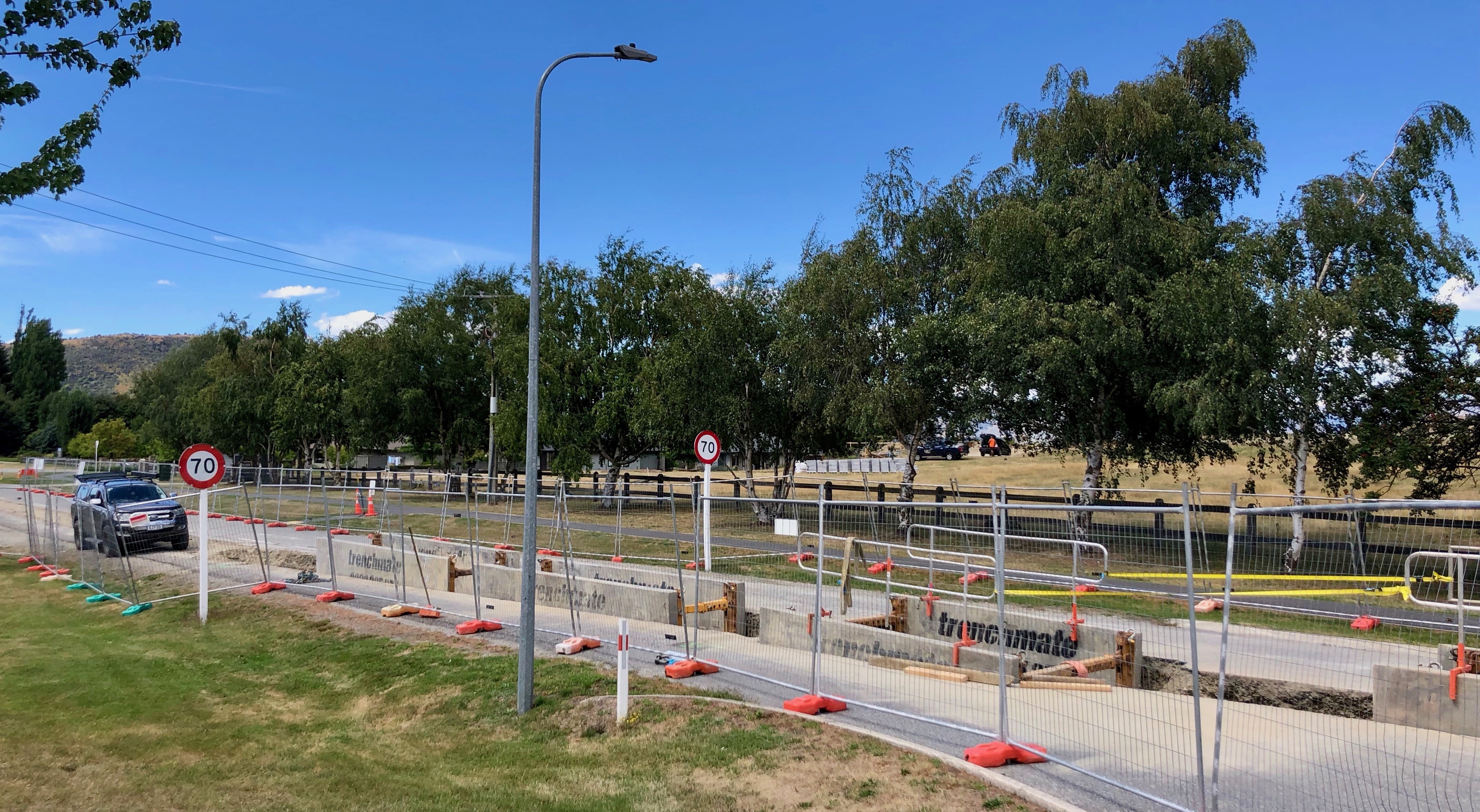‘Back to basics’ bill misses mark - QLDC
Maddy Harker
11 September 2025, 5:06 PM
 A reform bill will put councils ‘back to basics’ by focusing on roads, water and other core services, local government minister Simon Watts says. PHOTO: Wānaka App
A reform bill will put councils ‘back to basics’ by focusing on roads, water and other core services, local government minister Simon Watts says. PHOTO: Wānaka AppThe government has introduced a major reform bill it says will get councils ‘back to basics’ and deliver better value for ratepayers - but Queenstown Lakes District Council (QLDC) says removing wellbeing responsibilities, ignoring local context, and adding even more reform could have major impacts.
Local government minister Simon Watts says the Local Government (System Improvements) Amendment Bill will restore discipline and help ease cost-of-living pressures.
A model to cap future rates increases is also being developed.
“Kiwis are frustrated with rising rates, expanding bureaucracy, and poor value for money,” he said.
“This bill puts councils back to work on the basics, their core services, so ratepayers see real results for what they pay.”
The bill would strip councils of their current responsibility to promote the four ‘wellbeings’: social, economic, environmental and cultural. Instead, councils would be legally required to focus on roading, water, rubbish, and other core services.
It would also bring in new financial performance measures, stricter public reporting, and mandatory disclosure of consultant spending.
The minister said the changes will “draw a line in the sand – focus on the essentials and deliver value for your community”.
The bill has met pushback from other councils and from Local Government New Zealand.
QLDC’s submission
QLDC’s submission on the bill supported the idea of easing cost pressures, but raised issues with many other aspects of the bill, including the removal of wellbeing considerations.
The submission was signed by chief executive Mike Theelen and mayor Glyn Lewers, but it has not yet been approved by councillors due to a one-month deadline for submissions.

QLDC chief executive Mike Theelen, who co-signed the submission with mayor Glyn Lewers, says local context must be considered in the reforms. PHOTO: Supplied
“QLDC is concerned that the removal of the four aspects of wellbeing potentially reduces councils’ role in identifying local challenges and opportunities, supporting cross agency partnerships and serving communities’ needs as expressed through the democratic process,” the submission said.
The council said local government does more than just pipes and pavements; it also brings partners together and responds to priorities - ranging from housing to climate to economic development.
“The focus on ‘hard’ infrastructure in the proposed bill …minimises the role that councils play as an enabler of community, environment and economic development efforts as a significant asset holder, regulator and place-based institution with deep community ties,” the submissions said.
Local growth pressures
The submission also stressed that Queenstown Lakes faces challenges different to many other districts.
“Queenstown Lakes is both one of the fastest growing districts in the country and New Zealand’s most sought-after visitor destination,” the submission said.
“The district’s resident population is projected to nearly double over the next 30 years, and currently over one in every three international visitors pass through Queenstown.”
At peak times, the district’s total population can climb to 120,000 people - more than double its permanent resident base. That puts pressure on water, roads and community facilities, but with fewer local ratepayers to fund them, the submission said.
Back to basics spending
Meanwhile, QLDC argued it has already taken a ‘back to basics’ approach.
In its most recent Long Term Plan (LTP), 89 percent of capital spending was earmarked for water and roading, with much of the remainder going towards community facilities.

The government says the bill will deliver better value for money for ratepayers, but QLDC - and other councils and organisations - have warned it would come at a cost. PHOTO: Wānaka App
“If QLDC is unable to increase rates in the future the council may be unable to deliver further essential capital projects due to hitting debt limits,” QLDC said.
Broader concerns
The submission also opposed one-size-fits-all standing orders and the removal of tikanga Māori considerations, and raised further concerns about how “cost-effective” is defined and how performance will be benchmarked.
Finally, QLDC warned that constant reform adds costs and uncertainty. “Like any service provider, councils require legislative certainty to focus on increasing efficiency and to plan,” the submission said.
The Local Government (System Improvements) Amendment Bill is part of the government’s system improvements programme, first announced by prime minister Chris Luxon in August 2024.
The government says it hopes to pass the bill by the end of the year.







